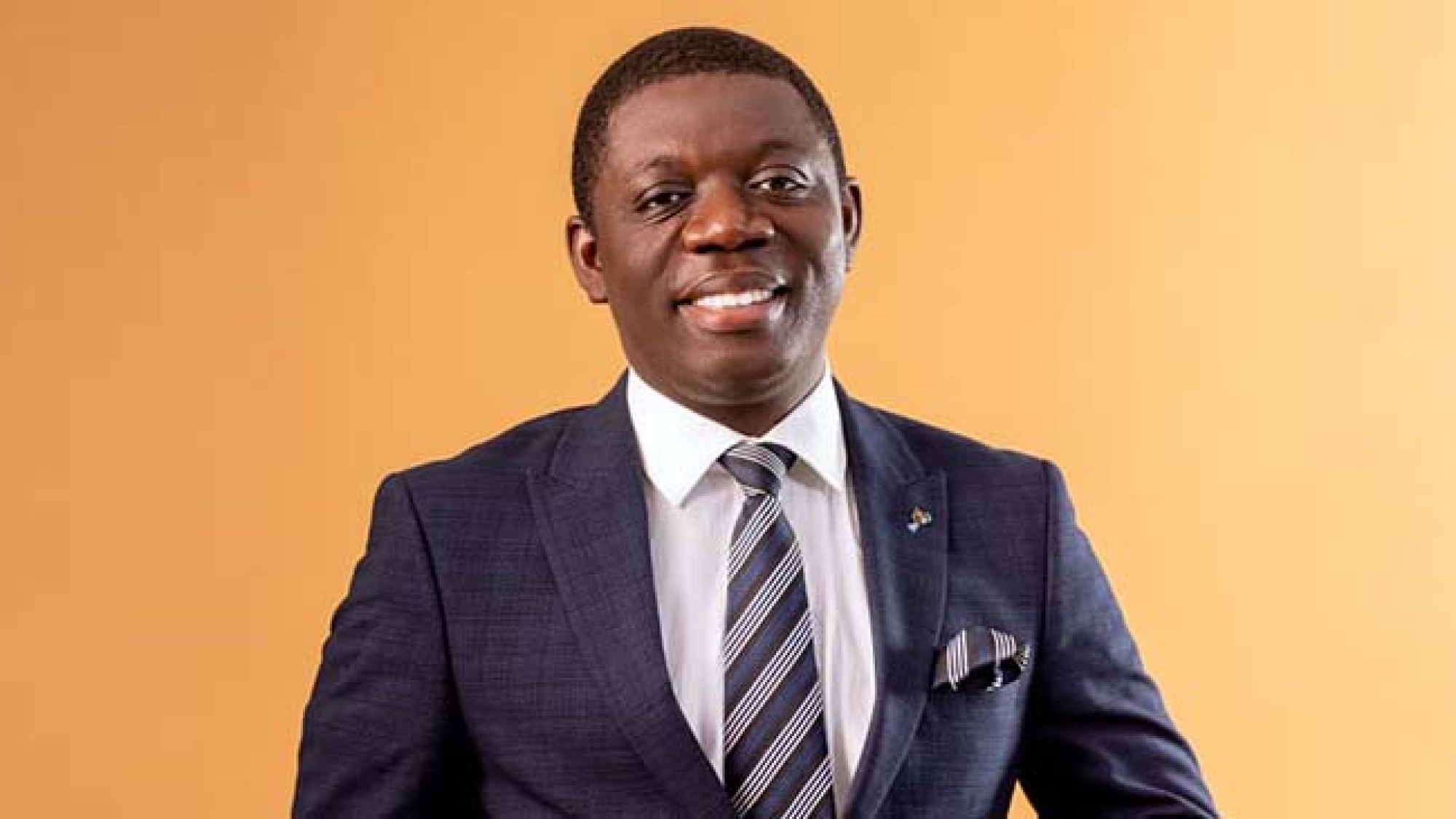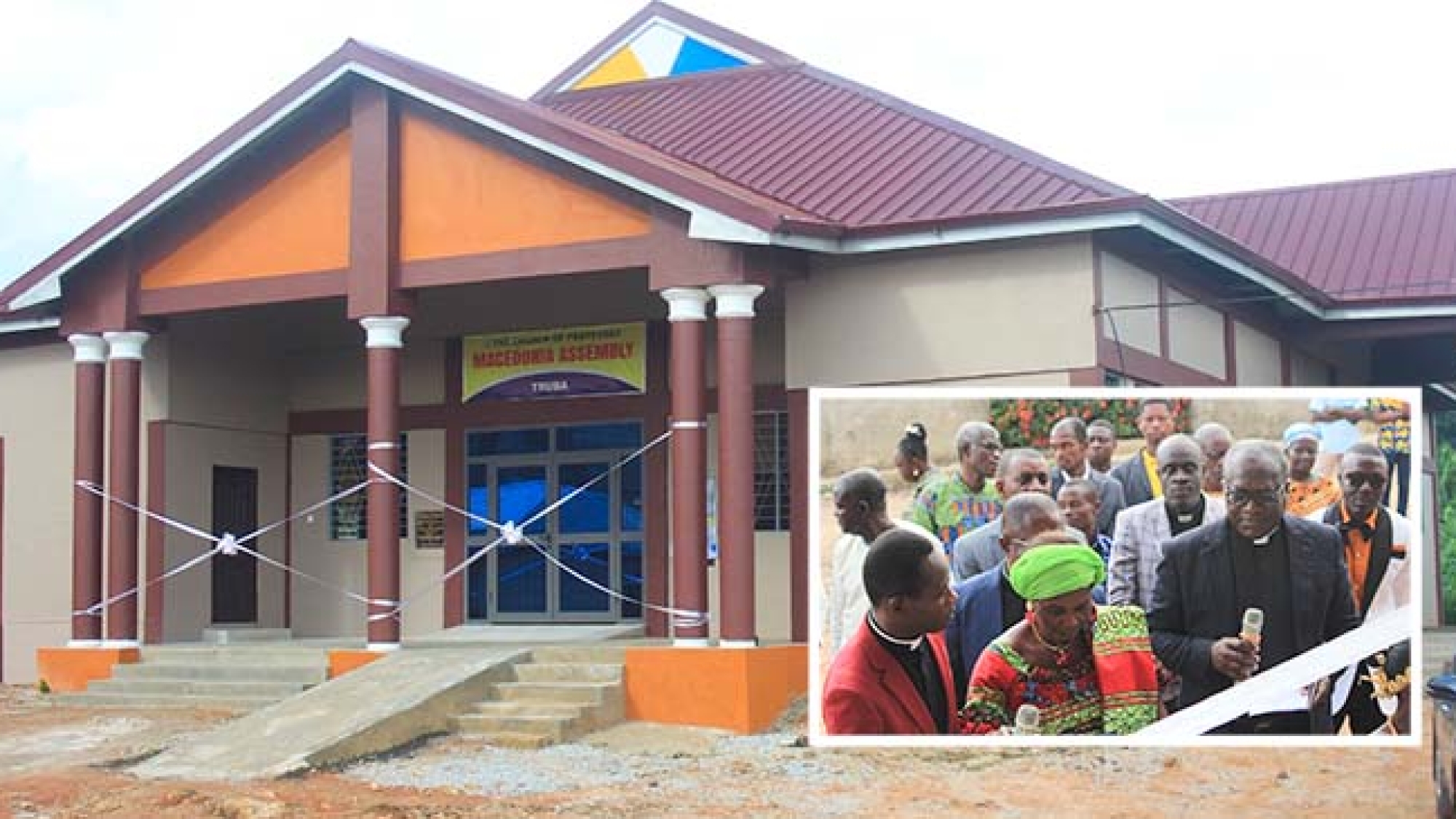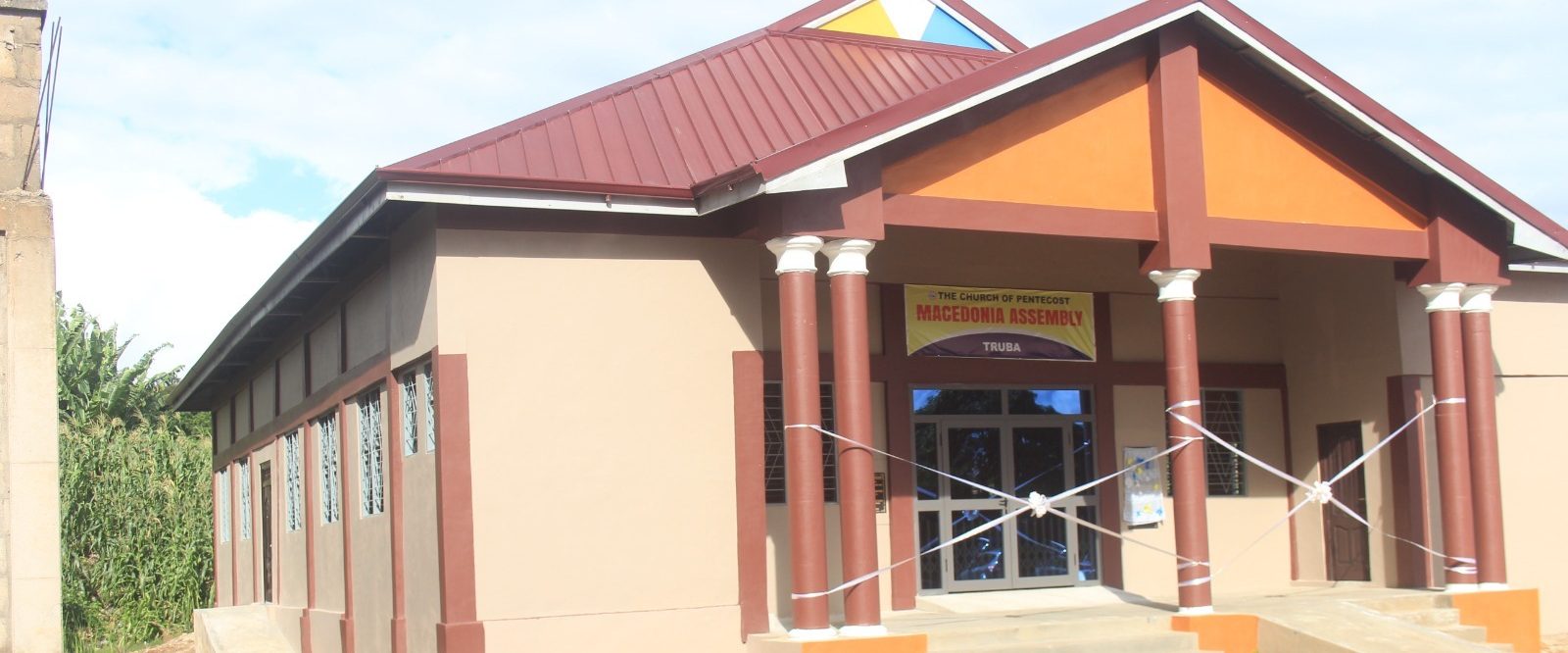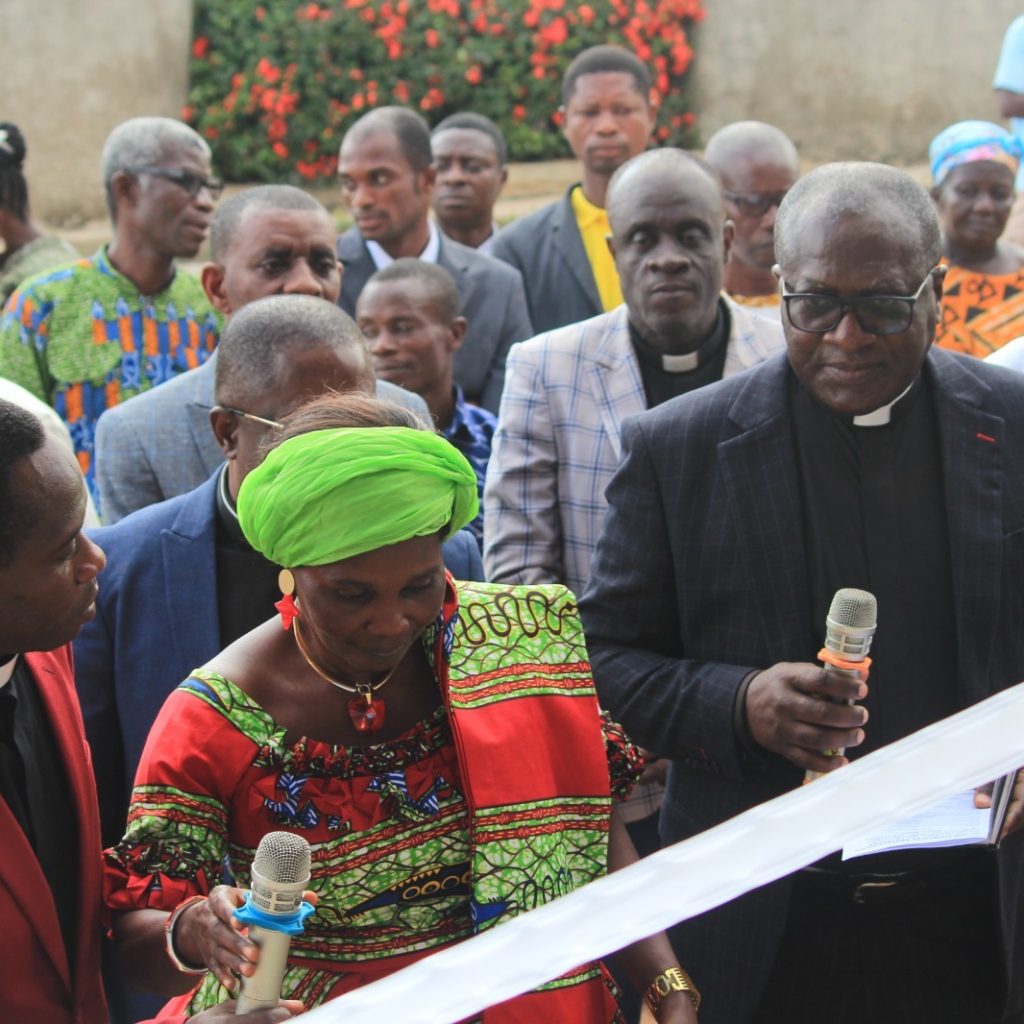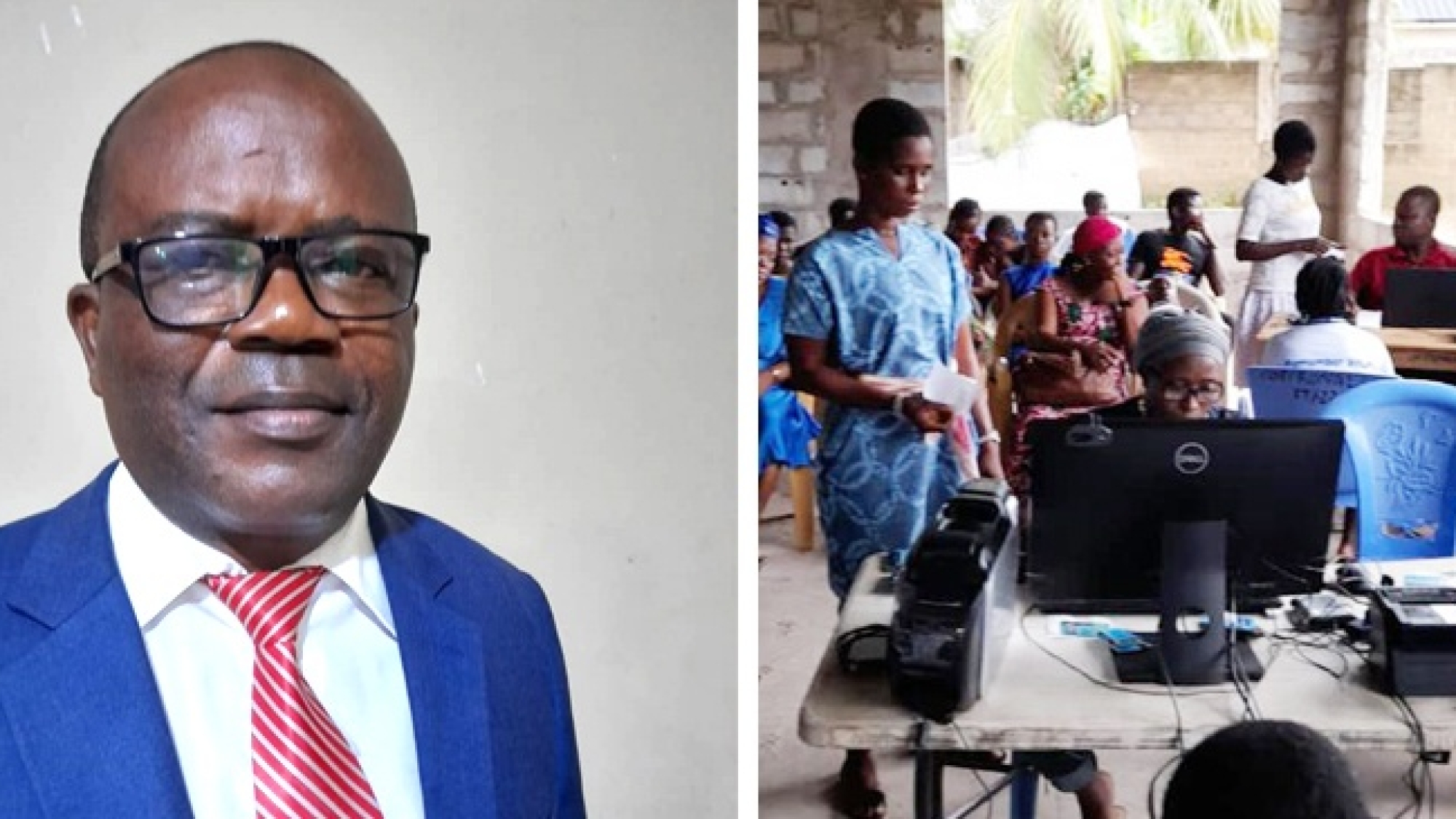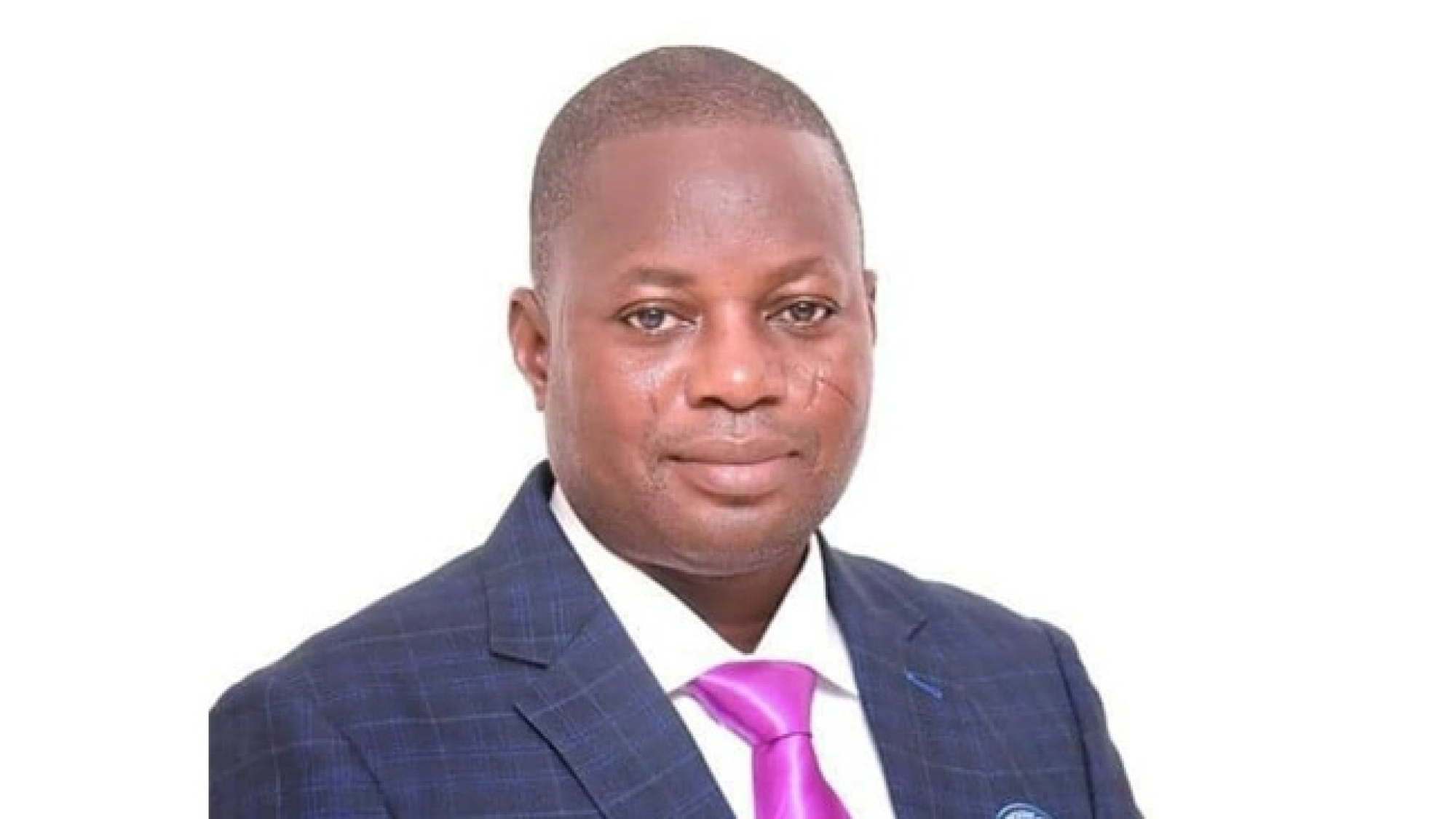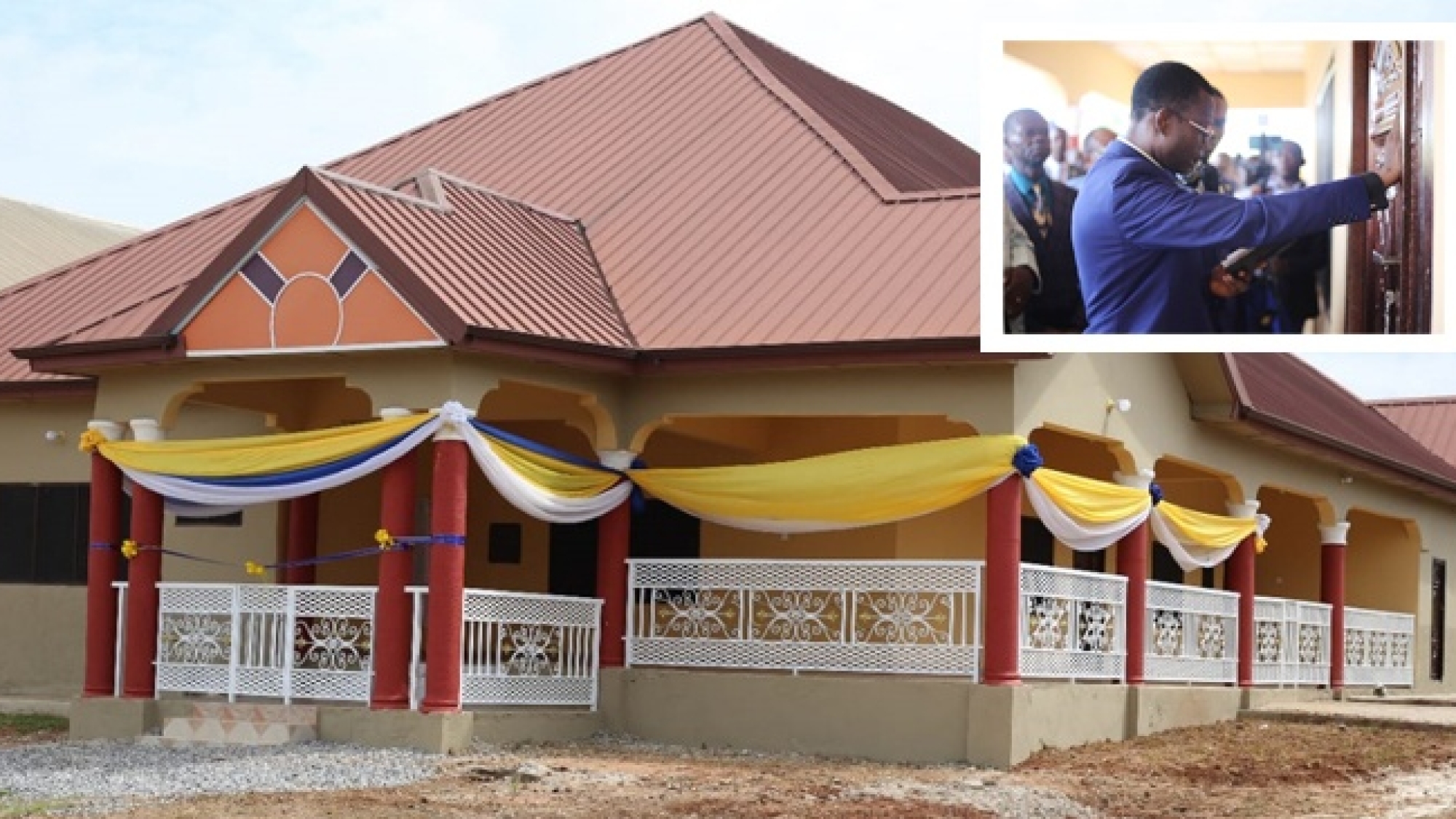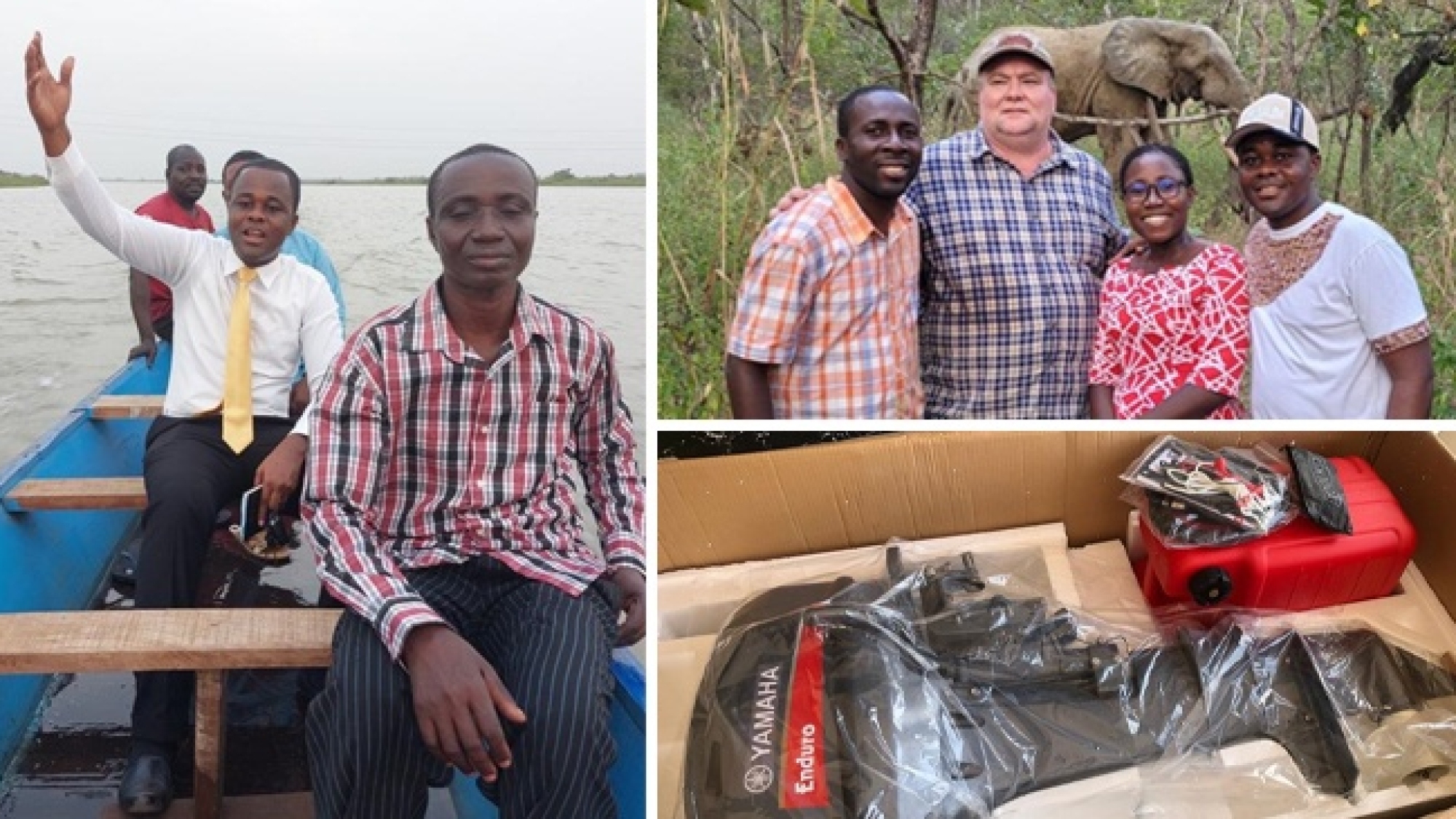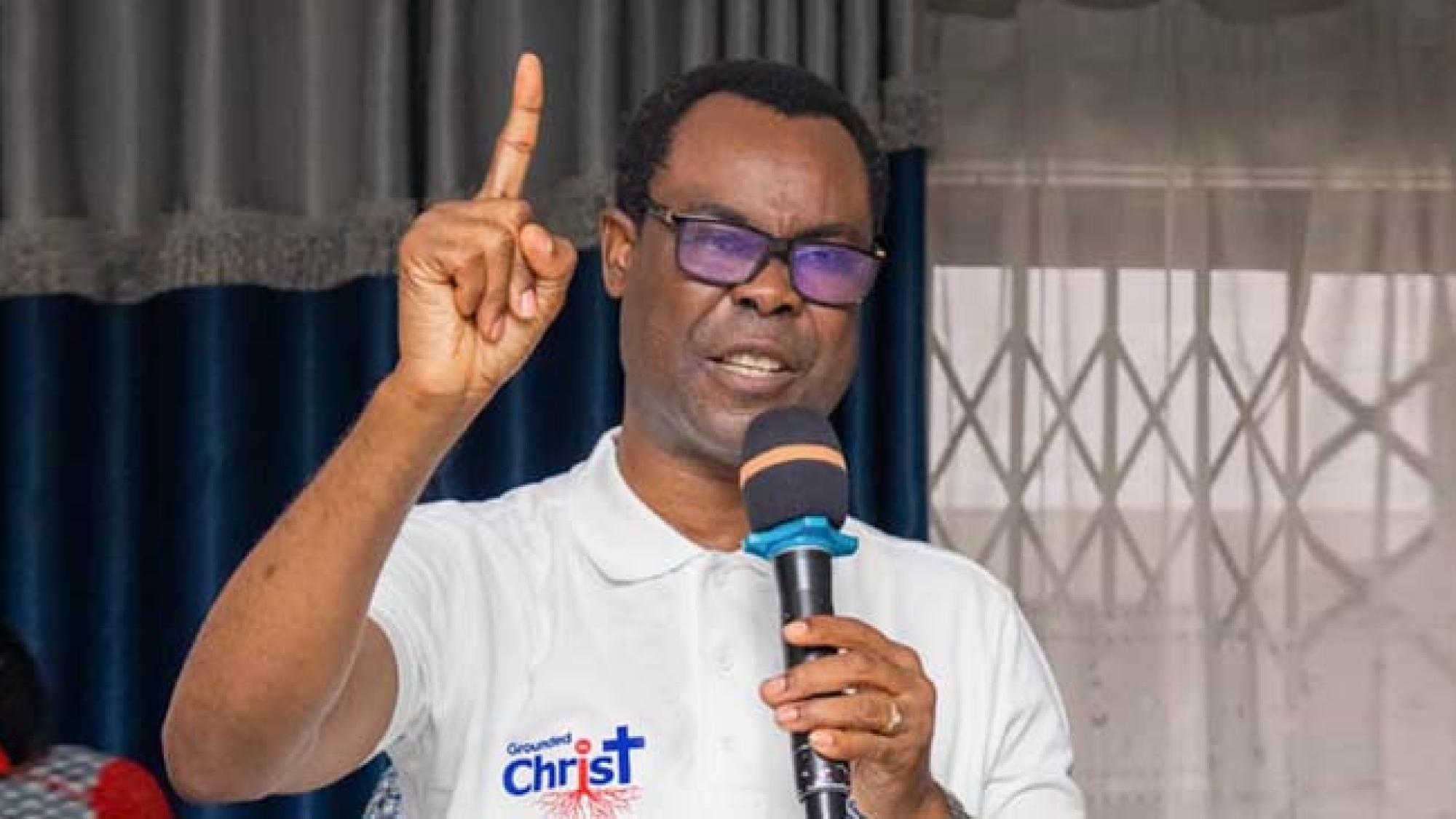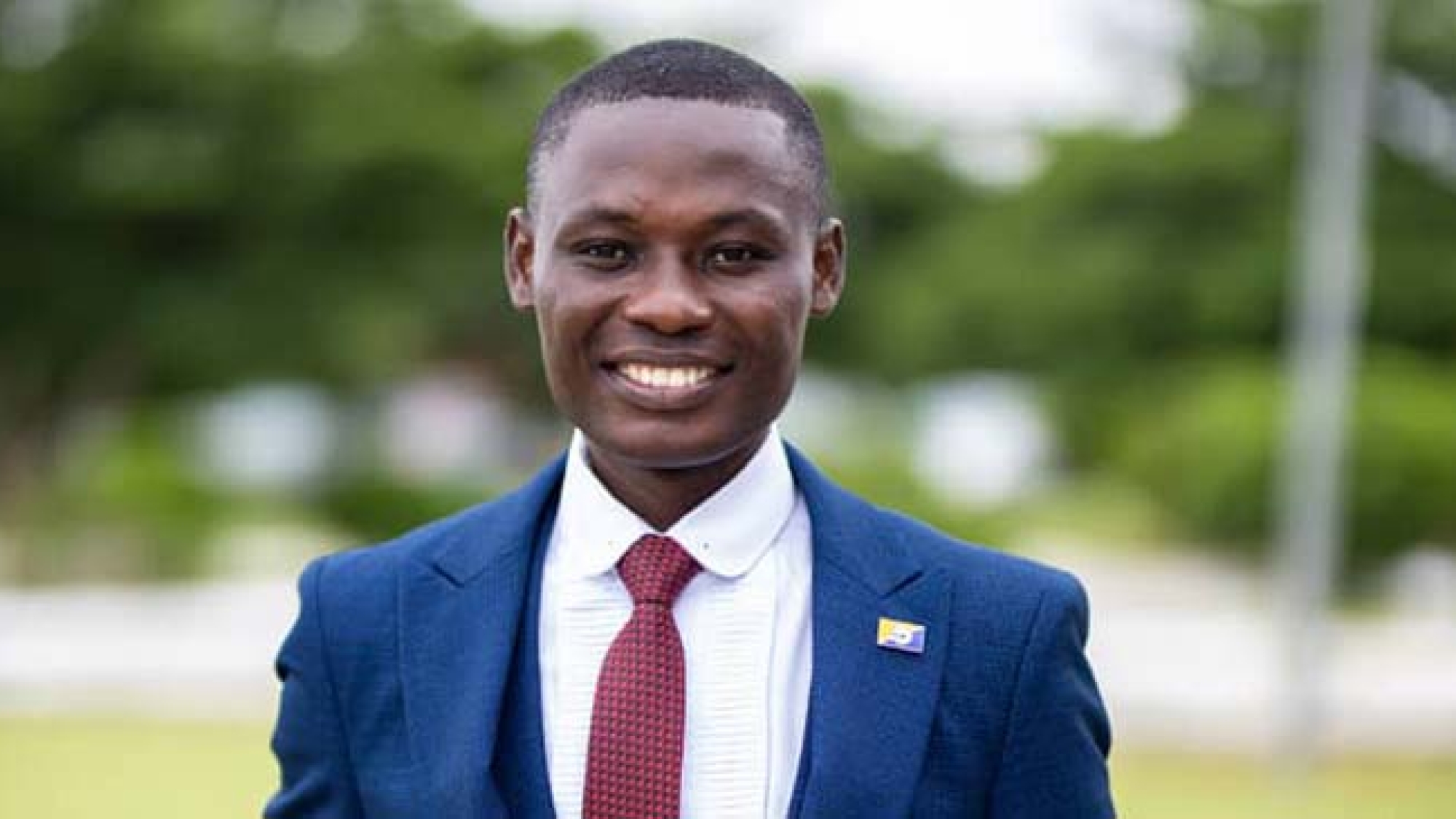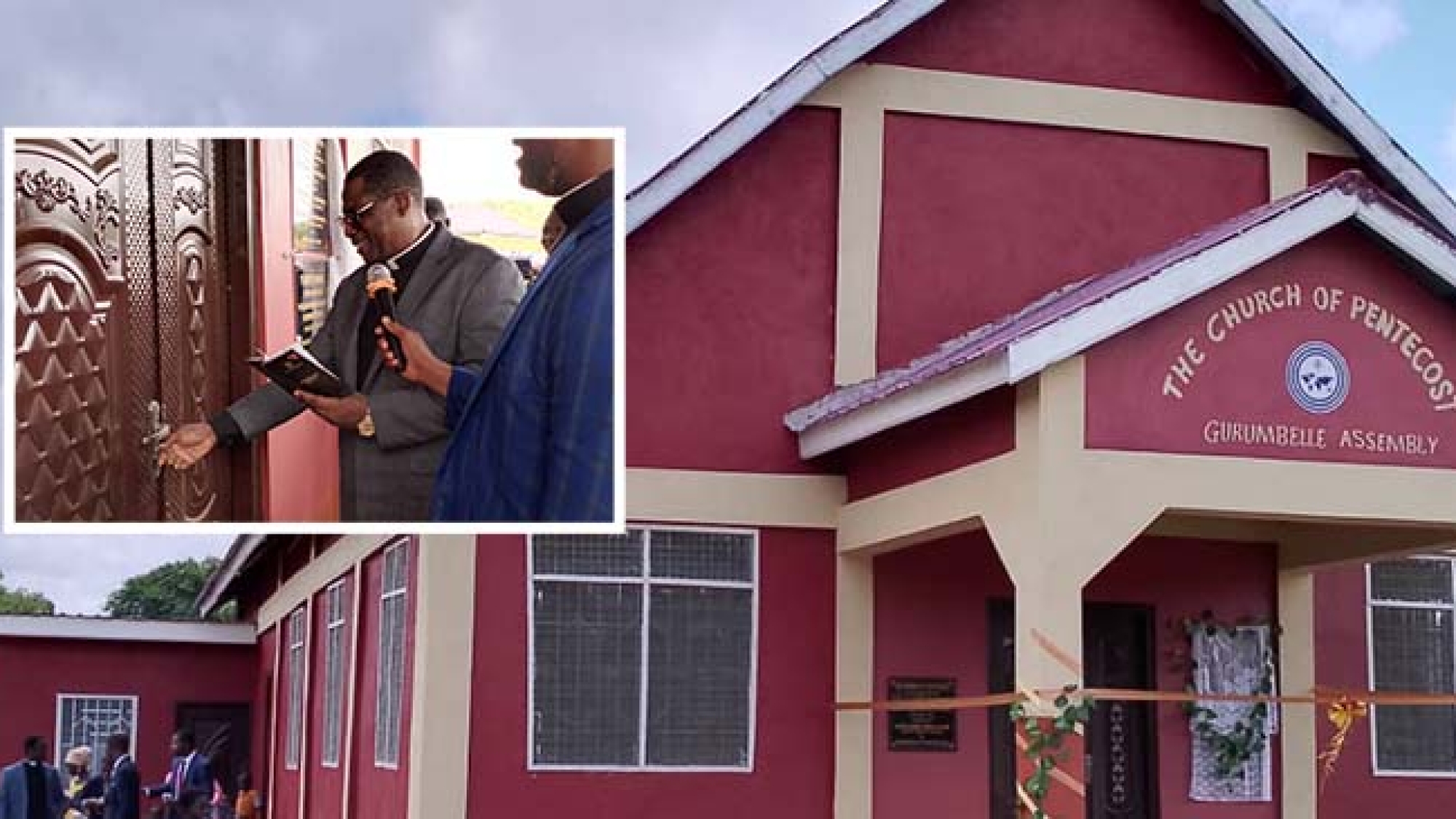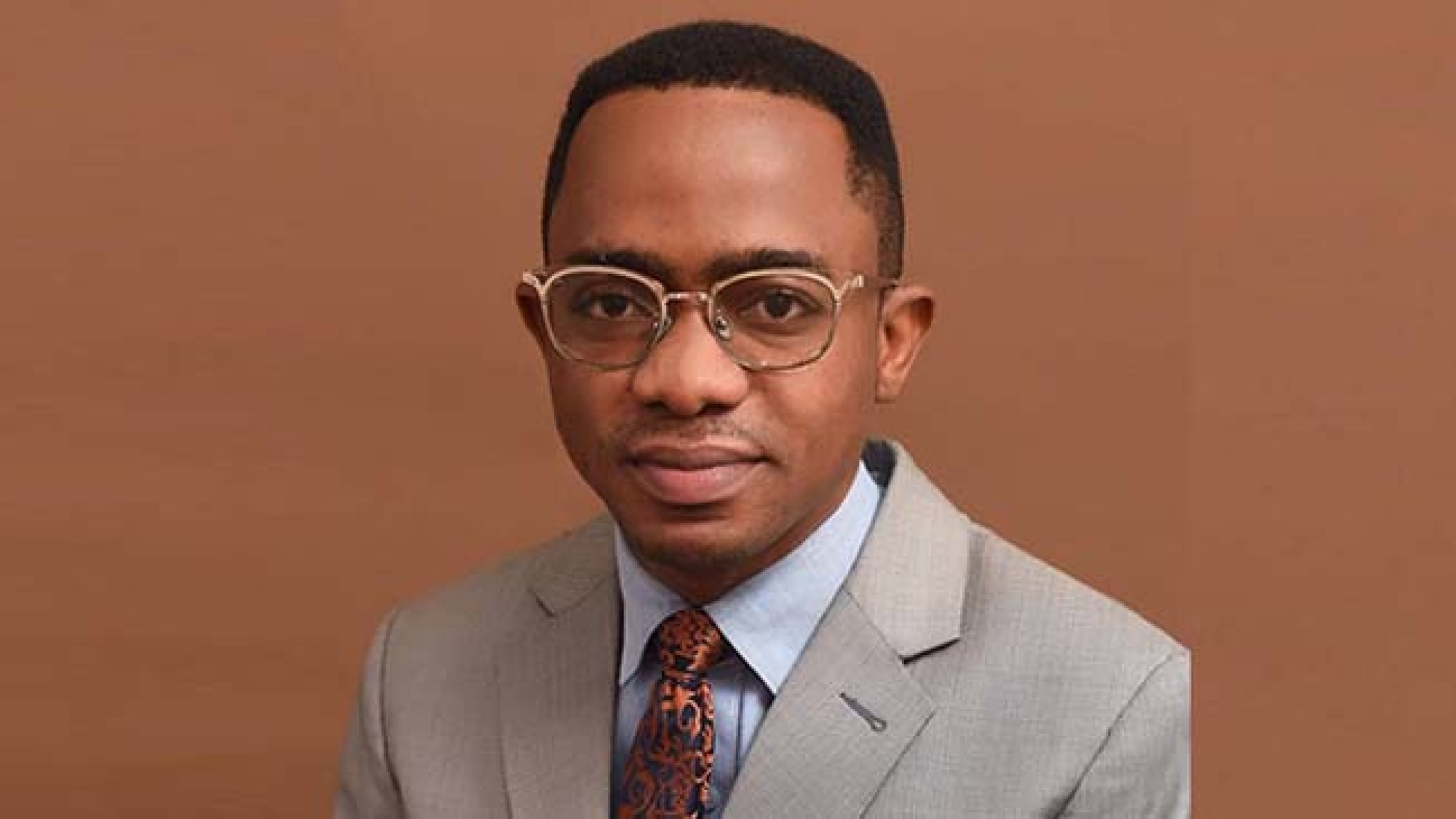INTRODUCTION
In the era of new media and digital communication, religious institutions have had to adapt to the changing landscape of technology. The Church of Pentecost, as a prominent global denomination, serves as a fascinating case study to examine the effects of new media on the church. This article explores how The Church of Pentecost has embraced new media, analysing its impact on spirituality, community building, evangelism, and overall religious experience within the context of this specific denomination.
Embracing Online Worship
The Church of Pentecost has recognised the potential of new media to extend its reach and engage with a broader audience. Through the use of live streaming platforms, the church now broadcasts its services and events online. One notable example is the Chairman’s Sunday evening service, which has blessed many homes ever since it was introduced during the pandemic.
Additionally, the Tuesday evening intercessory prayers have become a platform of intercession for all members of the church to meet together every Tuesday evening and pray, something which wouldn’t have been possible but for the power of new media. These initiatives have brought the church closer to its members and allowed them to actively participate in worship regardless of their physical location. The Church of Pentecost’s utilisation of new media has made online worship a significant part of its members’ spiritual journey.
Fostering Global Community
New media platforms have enabled The Church of Pentecost to foster a sense of global community among its members. Social media groups, online forums, and websites have provided spaces for believers to connect, share testimonies, and support one another. For the first time in the church’s history, a global ministers and wives conference was held, where through the power of technology, all ministers and wives across the 191 nations came together. This conference facilitated global interaction, strengthening the sense of unity and fellowship among ministers worldwide. Recently, there was a global all-elders seminar where it was also possible to stream to participants across the world via Pentv, Zoom, Facebook, and other new media platforms. Perhaps what we are eagerly waiting for is a global general convention!
These initiatives have allowed The Church of Pentecost to create a global community transcending geographical boundaries, enabling believers to connect and learn from one another.
Amplifying Evangelistic Efforts
The Church of Pentecost has leveraged new media tools to amplify its evangelistic efforts. Social media platforms such as Facebook, Twitter, and YouTube have been utilised to share the gospel, testimonies, and church activities with a wider audience. The denomination’s official website (www.thecophq.org) serves as a hub for evangelistic content, providing resources for individuals seeking spiritual guidance. Through digital media, The Church of Pentecost has expanded its evangelistic reach, reaching individuals who may not have been exposed to the denomination through traditional means. The power of new media has enabled the church to disseminate its message effectively and engage with individuals globally, contributing to the growth of the denomination.
Facilitating Discipleship and Spiritual Growth
Digital media has played a crucial role in facilitating discipleship and spiritual growth within The Church of Pentecost. The denomination has developed mobile applications and online platforms that provide access to devotionals, Bible study materials, sermons, and other resources. These tools allow members to engage with spiritual content conveniently, deepening their understanding of the Scriptures and strengthening their faith. The Church of Pentecost has embraced the use of podcasts, webinars, and online courses, providing avenues for continued learning and spiritual development. These initiatives have empowered members to engage with their faith more actively and participate in ongoing discipleship journeys, irrespective of their physical location.
Navigating Challenges and Maintaining Doctrinal Integrity
While new media has brought tremendous benefits, it also presents challenges for The Church of Pentecost. One challenge is internet connectivity, particularly in some regions in Ghana where a majority of the church’s members reside. Limited access to reliable internet services can hinder the participation of members in online activities and limit their engagement with new media platforms. It becomes crucial for the church to address this issue by advocating for improved internet infrastructure and exploring alternative methods of connectivity such as mobile data networks or cchurch auditoriums Wi-Fi initiatives.
Another challenge is ensuring that rural members of The Church of Pentecost are well-educated on the use of new media. Many rural communities may need more exposure to technology and may require assistance in navigating online platforms and digital tools. The church can address this challenge by organising training sessions and workshops that equip rural members with the necessary skills to effectively utilise new media for worship, fellowship, and evangelism. By bridging the digital divide, The Church of Pentecost can ensure that all members, regardless of their geographical location, can fully benefit from the opportunities presented by new media.
The Church of Pentecost’s embrace of new media aligns with the biblical principles of reaching out to the world and spreading the message of faith. The Bible encourages believers to use every available means to share the gospel and make disciples of all nations.
In Matthew 28:19-20, Jesus commands his disciples, “Go therefore and make disciples of all nations, baptising them in the name of the Father and the Son and the Holy Spirit, teaching them to observe all that I have commanded you.” New media provides a powerful platform to fulfil this command, enabling The Church of Pentecost to reach a wider audience and impact lives across borders.
Furthermore, the Apostle Paul’s use of technology in his ministry serves as an inspiration for leveraging new media in the church. Paul wrote letters to various churches and individuals, utilising the available means of communication during his time to spread the teachings of Christ and provide guidance to believers. In Colossians 4:16, Paul instructs the Colossians, “And when this letter has been read among you, have it also read in the church of the Laodiceans; and see that you also read the letter from Laodicea.” Paul’s use of written communication parallels the use of digital media today, emphasising the importance of embracing technological advancements for the sake of the gospel.
The Church of Pentecost serves as a compelling case study of how new media has influenced religious institutions. By embracing new media, the denomination has expanded its reach, fostered a global community, amplified its evangelistic efforts, and facilitated discipleship and spiritual growth. The Chairman’s Sunday evening service, the intercessory prayers, the global conferences, and the plethora of online resources available are testaments to the positive impact of new media on the church. However, The Church of Pentecost also faces the challenge of maintaining its doctrinal integrity in the digital age. It must navigate issues such as misinformation, online controversies, and the risk of diluting biblical teachings. The denomination’s commitment to discernment, grounding its members in biblical principles, and encouraging critical thinking when engaging with online content are crucial for maintaining the integrity of its message.
By effectively navigating these challenges and capitalising on the opportunities presented by new media, The Church of Pentecost continues to thrive and adapt to the evolving needs of its members in the digital era. As technology continues to advance, The Church of Pentecost stands as a beacon of how new media can be harnessed to spread the gospel, build community, and nurture spiritual growth in the 21st century. As the Apostle Paul writes in 1 Corinthians 9:22, “I have become all things to all people, that by all means, I might save some.” Embracing new media allows The Church of Pentecost to become relevant and relatable to the diverse needs and preferences of people in today’s digital world.
As The Church of Pentecost moves forward in its journey with new media, it is essential to remember the timeless principles and values outlined in the Bible. Proverbs 4:25-27 advises believers to “Let your eyes look directly forward, and your gaze be straight before you. Ponder the path of your feet; then all your ways will be sure. Do not swerve to the right or the left; turn your foot away from evil.” This verse reminds the church to remain focused on its mission and purpose, using new media as a tool to fulfil its calling rather than being swayed by distractions or compromising its core beliefs.
The Church of Pentecost’s utilisation of new media is not just a response to societal changes but also a reflection of its commitment to embracing innovation while staying rooted in biblical teachings. As the world continues to evolve, the church must adapt and harness the power of technology to effectively communicate the timeless message of salvation and love.
CONCLUSION
In conclusion, the effects of new media on The Church of Pentecost are multifaceted and transformative. Through online worship, global community building amplified evangelistic efforts and facilitated discipleship; new media has become integral to the church’s journey in reaching and impacting lives worldwide. While challenges such as internet connectivity and maintaining doctrinal integrity exist, the church’s dedication to discernment, biblical grounding, and technological adaptation will enable it to navigate these obstacles successfully.
The Church of Pentecost’s embrace of new media aligns with the biblical call to spread the gospel to all nations, as exemplified by Jesus’ command in Matthew 24:14, “And this gospel of the kingdom will be proclaimed throughout the whole world as a testimony to all nations, and then the end will come.” By leveraging new media, the church positions itself to fulfil this mandate and engage with individuals in a digital age where connectivity and information flow are unprecedented.
As The Church of Pentecost continues to navigate the ever-evolving landscape of new media, it does so with an unwavering commitment to its core values, biblical teachings, and the transformative power of the gospel. By harnessing the potential of new media, the church embraces the opportunity to connect, inspire, and impact lives, fostering a global community that transcends physical boundaries and unites believers in their shared faith and devotion.
Through The Church of Pentecost’s case study, we gain valuable insights into the effects of new media on religious institutions and the possibilities it presents for spiritual growth, community building, and evangelistic outreach. As technology continues to advance, it is essential for churches and denominations to adapt, harnessing the power of new media while remaining rooted in biblical principles, ultimately fulfilling their divine purpose in a digitally connected world.
Written by Pastor Isaac Annor (PIWC Downtown-Ofaakor)





